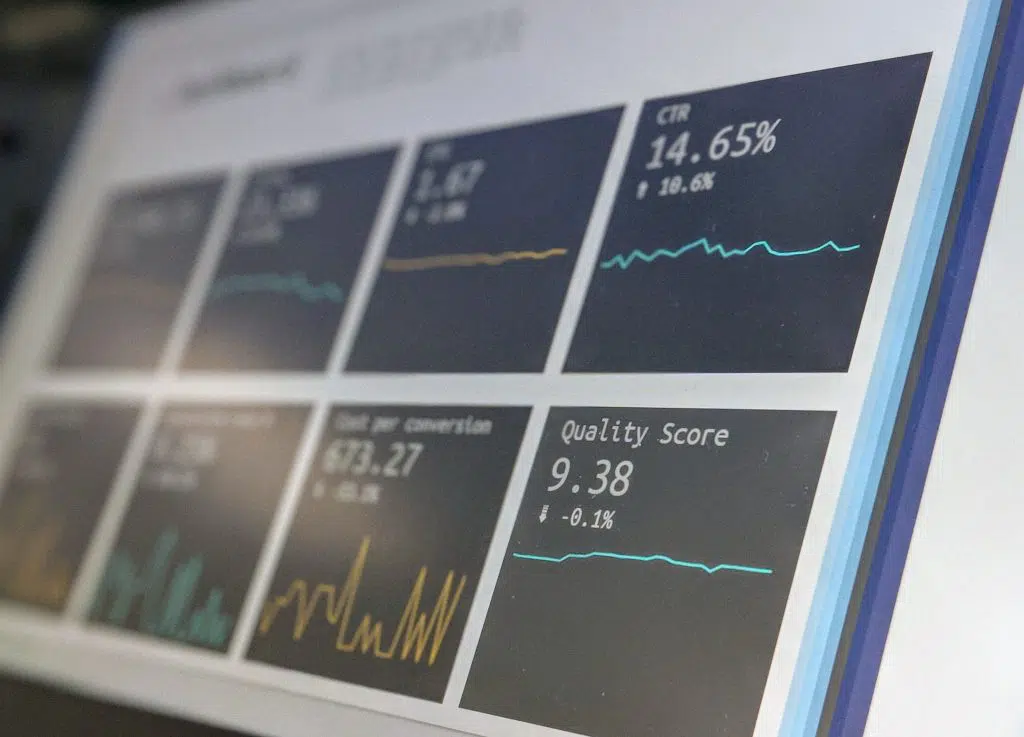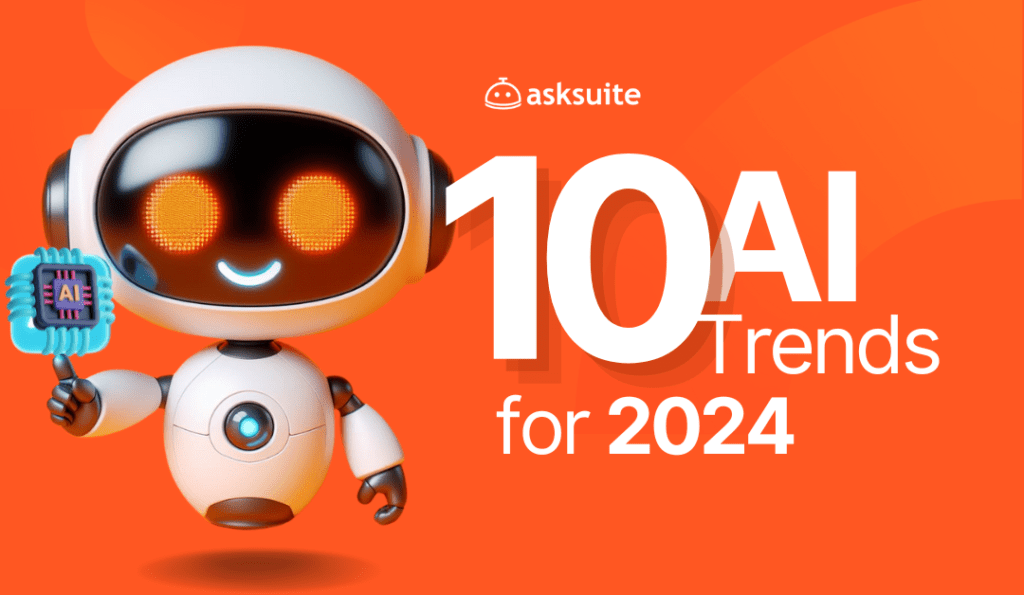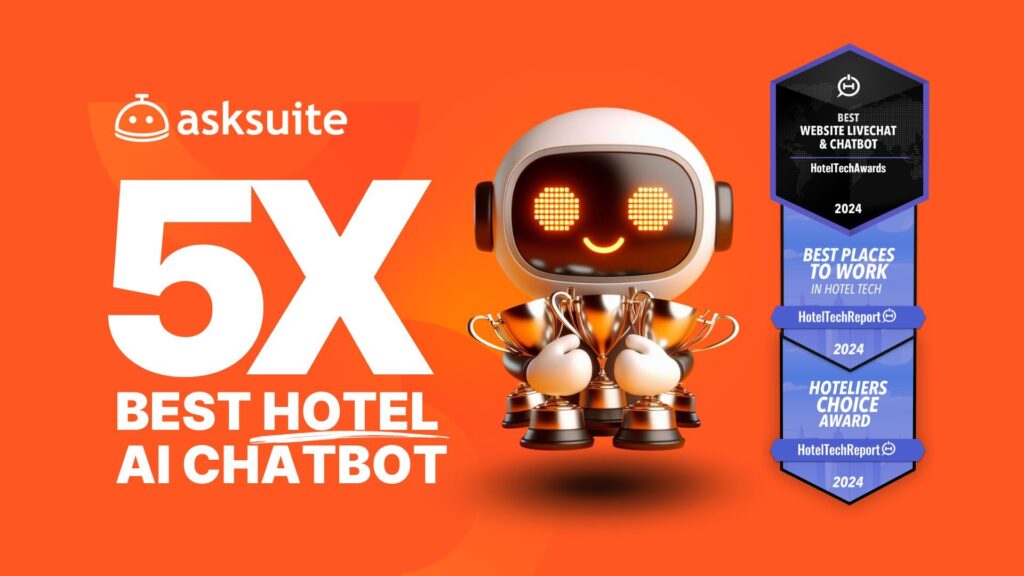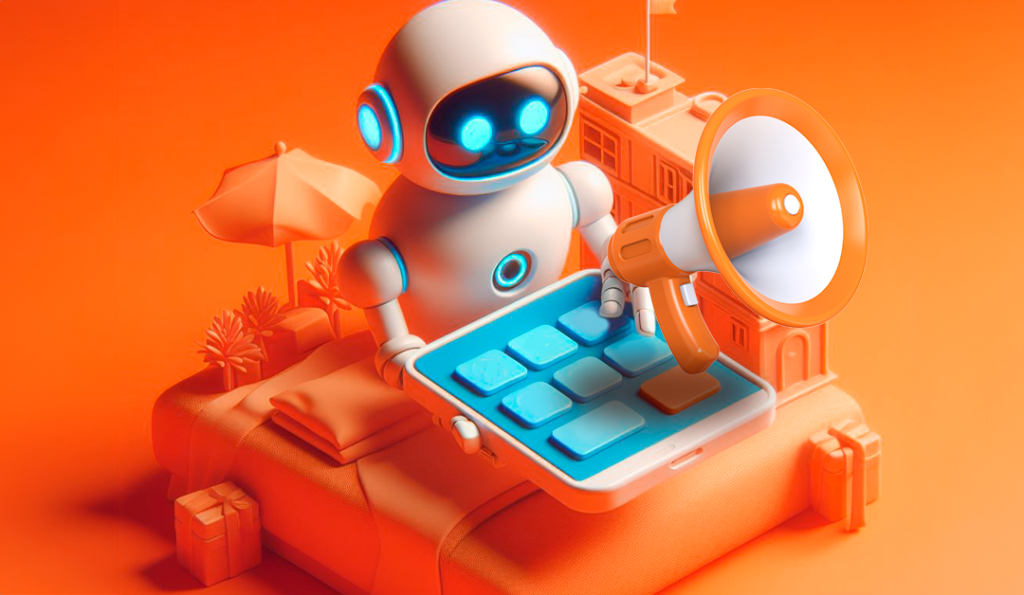“You can’t improve what you don’t measure.”
You’ve probably heard this quote before. But do you know what hotel customer service KPIs (key performance indicators) you should focus on to sell more rooms while providing excellent service?
Even though many hotel managers agree with the quote, when it comes to customer service, they get lost about what metrics to follow. Service metrics can be tricky, after all, they involve quality of service, which can be subjective.
However, there are metrics that can show you the path to service excellence. Choosing the right KPIs is critical to ensuring service improvement and optimizing your hotel’s operations. Also, it provides a clear view of the hotel’s progress.
Once you know which metrics you should be paying attention to and track then, you can make better-informed decisions to help your team excel and improve results both in customer satisfaction and revenue growth.
In this article, you will learn the main 5 KPIs for hotel customer service performance.
But before we continue, let’s define service excellence, the ultimate goal for customer service. This level of service is not only about satisfaction and good reviews, but it also drives more reservations.
You can’t increase reservations without great service.
What is service excellence?
By definition, service excellence refers to the ability of service providers to consistently meet and occasionally even exceed customers’ expectations.
Customers no longer base their loyalty on price or product. Instead, they stay loyal to companies due to their experience.
Might not be fair, especially for small independent hotels, but that’s how the game is played now. That’s why it’s so important that you elevate your service on all channels: phone, email, texting, and social media.
You can upgrade your service by acknowledging your gaps. For this reason, it’s essential to control and measure your customer service.
One can argue that “excellent service” is a subjective concept, but there are objective numbers that can guide hotels to provide a 5-star experience. Using data, you can map your customer journey and lead potential customers to reservations by boosting your operations.
How do you provide excellent customer service in the hospitality industry before travelers become your guests? Learn tips to boost direct bookings in this article:[Best Customer Service in the Hotel Industry Before Booking]
5 KPIs to focus on when measuring your hotel customer service performance
1. Total service volume per channel
Let’s focus first on communication channels.
Which one is the most used by your guests and potential guests?
Long gone are the days when telephone and emails were the only way to contact a hotel. Even though they are still relevant, there are many other ways available for travelers to get in touch with a place that they are interested in. For example, chat and text messaging are becoming increasingly common.
Despite popular belief, instant messages are trendy in every generation, not only among the young ones. The pandemic contributed to the acceleration of the digitalization process in all industries, including the hospitality industry.
Today, anyone – from teenagers to grandparents- use text messaging to order food, car ride, talk to family, and so on. Some of the most popular ways to talk to companies include Website Chat, Whatsapp, Instagram, and Google Messages.
The graphic below represents the chat volume per channel in hotels on average based on our data provided from 1,400 hotels. When a hotel offers multiple channels, we can see that website chats are preferred.
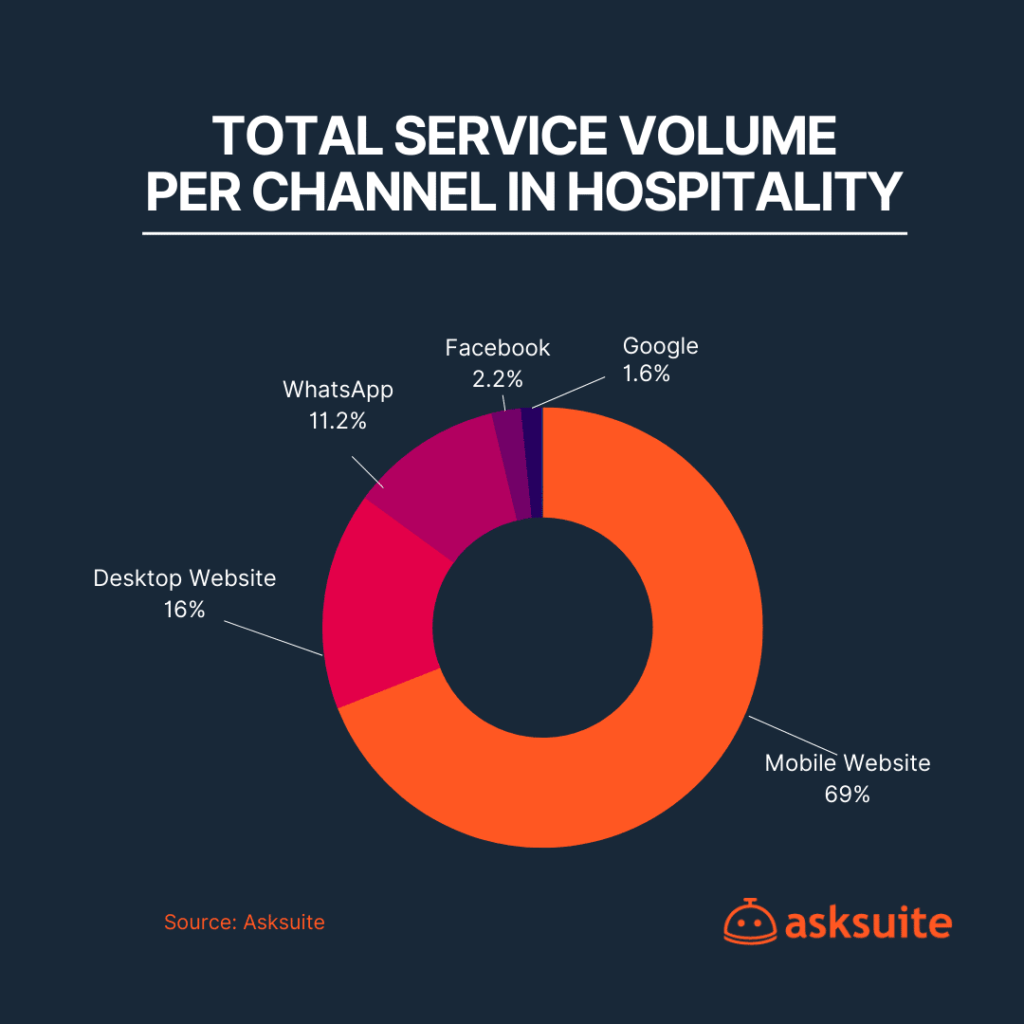
This data is vital for customer service. Once you know the preferred channel of your potential guest, you can better prepare operations and your team so you don’t miss booking opportunities.
2. Availability x Demand
If you think that the busiest hours for your reservation department to answer booking queries is during business hours, you better think twice.
According to Asksuite’s data of 23 million chats from over 1,400 hotels in the world, most travelers contact hotels outside business hours:
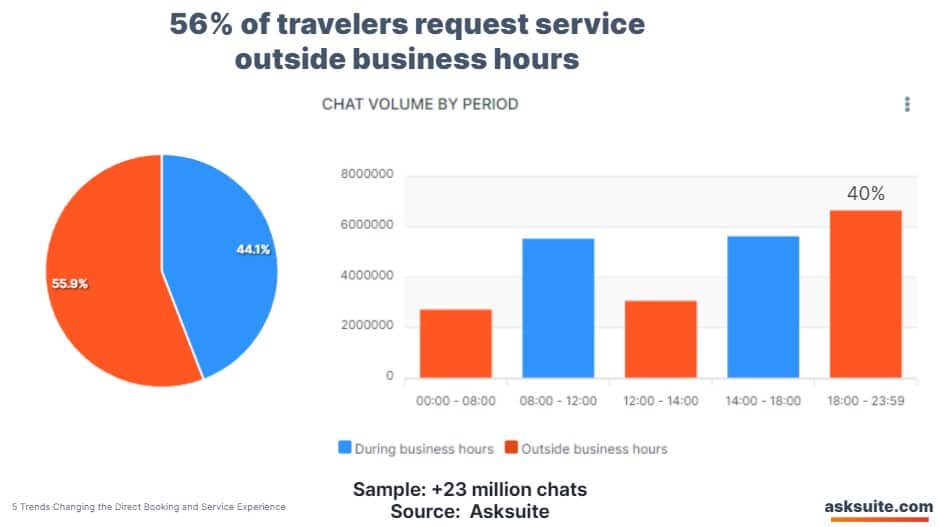
It’s important to track this indicator because it will directly impact your operation and revenue. If your customer service is not available during weekends or outside business hours, chances are you’ll miss out on bookings.
People like to be sure before making a reservation and, often, this reassurance comes from good customer service.
Providing customer service 24/7 might be costly. According to Forrester Research and Oracle, a web self-service can reduce costs by as much as $11 per call.
That’s why you should consider options other than human assistance, such as virtual assistants (chatbots). They work all day, every day, for a fraction of the cost and can answer the questions that are stopping travelers from pressing the “book now” button.
In this episode of the Hotel Cast Podcast, we chat with Shona Whitehead, Managing Partner of Cogent Blue, on how hotels can optimize their sales performances and the gap between hotel commercial teams and techs. Listen now:
3. Average response time per channel
Another key factor that impacts the quality of hotel customer service and guest satisfaction is response time. In a fast-paced world, there is simply no time to waste waiting for an answer. Messaging apps have created an expectation of fast responses, which has made it even harder for hotels.
Travelers want answers fast and easy.
But how fast?
Regarding emails, a survey, this time by ALICE, states that hotel clients would have the right to complain if the hotel takes more than 26 minutes to respond!
When we talk about chats, the expectation is even higher. According to SuperOffice, 9 minutes is too long:
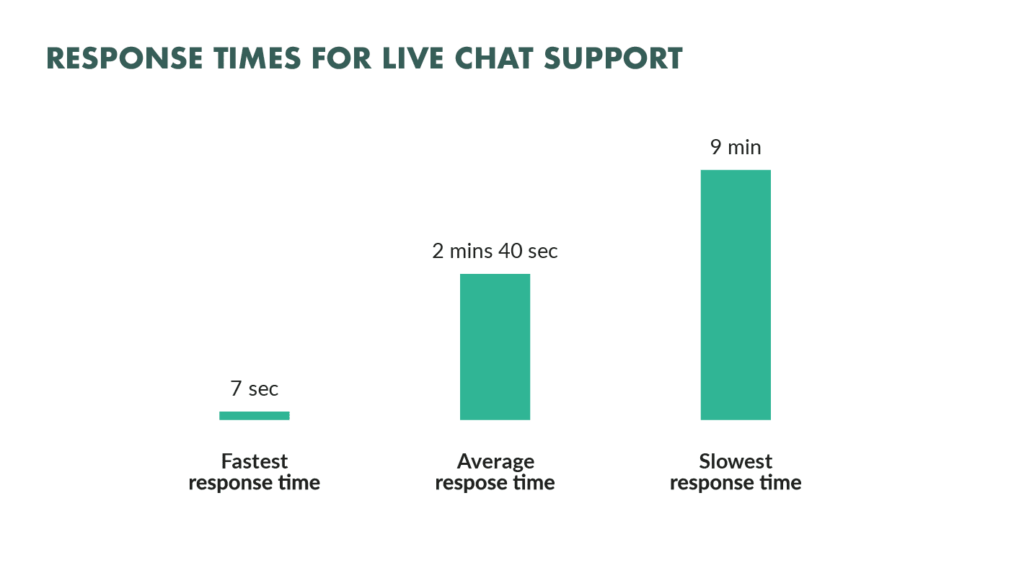
Asksuite asked 124 hotels about their average response times via phone calls:
- 15% of the respondents answered they didn’t know the answer
- 30% said they took more than 2 minutes to start talking to the caller.
That’s why virtual assistants can be a great resource for your team. Chats give the user the experience they expect, providing interactions in real-time. They also help users find what they are looking for, increasing the chances of booking and returning.
A human agent takes several minutes to carry out a full guest service. On the other hand, an automated customer service powered by Artificial Intelligence takes only a few seconds to give a thorough answer, with pictures and prices.
If you think people don’t like to interact with technology, 33% of consumers say they’ve used a virtual travel assistant to help organize and plan their next trip.
4. Booking conversion rate per channel
It’s one thing to track which channel gets more requests, any request. It’s another thing to identify which channel attracts more qualified leads, meaning travelers that are actually interested in booking with you.
Knowing which channel brings you more qualified leads enables you to prepare your Reservation Team more effectively.
Many requests are from curious travelers that are still daydreaming about a trip and have no real plans of staying with you. Answering them takes valuable time and focus from your reservation team that should be concentrated on converting bookings.
However, that doesn’t mean that they shouldn’t get the best customer service from you. It’s a question of assigning the right agent to the right type of request. Here, your hotel can benefit from having some kind of filtering process.
On average, a hotel’s online conversion rate is 2.2%. If you combine your booking engine with a chatbot, your rate can go up by 10%. Asksuite has clients with a conversion rate of more than 20%!
Tracking the conversion rate per channel will give you important insight into how you should organize your operations in order to maximize your reservations.
If your convention rate is too low, there are a few possible reasons that could explain that. The main ones are:
- Your final price is too high compared to your competitors;
- Your hotel’s mobile booking experience is poor.
5. Sales conversion rate per agent
This is one of the most difficult KPIs to measure, yet one of the most significant. According to our survey of 124 hotels around the world, almost 40% answered that they don’t know what their sales conversion rate per agent is.
On the other hand, 25% of respondents said that their sales conversion rate per agent is 30% or more.
As we stated at the beginning of this article, you can’t improve what you don’t measure. Team performance evaluations are crucial to optimize results.
If your sales conversion rate per agent is too low, one good strategy is to work with commissions. Define your team’s goals and provide this extra boost.
Here are a few examples of sales KPIs to ensure team engagement:
- Reservation team: % of direct booking conversions ( i.e.,leisure)
- Sales team: Number of new accounts
- Front-desk: Number of walk-ins
If you create a commission program that involves different sectors, you maximize the chances of increasing revenue. Just make sure that you are clear about how the program works and that everybody understands it.
Recommended: Hotel Omnichannel Communication: The Game-Changer You Need Now
Easy ways to control and manage KPIs
When you look at customer service KPIs, you might think that tracking and managing these indicators is “mission impossible.” Indeed, it can be hard to do this manually.
However, there are hotel technologies that can help you in this quest. Here are the 3 main ones available:
- PMS: Through the Property Management System, the hotel can track which agent closed a reservation, the number of reservations per agent, and more. There are many PMS types, with different functionalities and possibilities to collect important data to understand your hotel’s performance and guests’ behavior.
- IVR system: Interactive Voice Response is an automated phone system technology. It allows incoming callers to access information via a voice response system of pre-recorded messages or interact with a menu without having to speak to an agent. The hotel industry is slowly adopting this technology. According to our research, only 20% of hotels use the IVR system. Not only does this system automate phone calls but also allows hotels to track indicators such as average wait time and average handle time.
- Communication and customer service platform: Such platforms, like Askuite, can automatically generate performance reports including conversion rates per channel and agent. More than that, this platform makes it easy to control customer service since it centralizes chats from different channels on one screen.
Conclusion
By measuring your KPIs, you can identify your strengths and weaknesses, as well as how to use this to the advantage of your property. Once you completely understand your customer service process and potential gaps, you can then achieve a maximum conversion rate from service to reservation.
If you are curious to see how the platform works, just click on the button below and book a demo with us:
